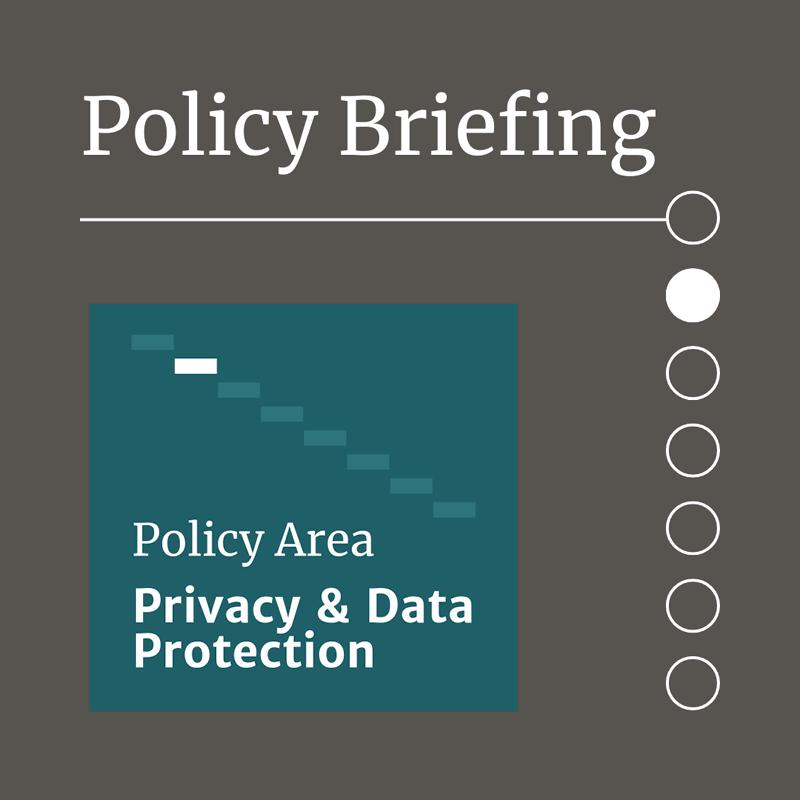Capacity of the consent model online

In May 2023, Reset Tech hosted an expert roundtable discussion unpacking the capacity of the consent model to improve the digital world. We explored both the principles underpinning of the consent model, and its operationalisation.
This Roundtable was prompted by discussions emerging from the Privacy Act Review, and international policy moves towards using ‘consent mechanisms’ to deny young people’s access to social media.
The roundtable found that the current consent model has systemic issues when applied to children, including:
- ‘Consent’—when deployed by services that are essential for children—could be an abuse of power, and this warrants stronger obligations on digital platforms
- Defining an ‘age of capacity’ may distract focus from fair terms
- Privacy protections should place responsibility on platforms to ensure fair practices, and be proportionate and risk-based
A rights based approach to ‘consent’ may be more appropriate for children, where young people’s best interests are prioritised and to ensure that youth participation informs what consent looks like.
We also explored the problematic ways that the current consent model is operationalised, for all users. Specifically, the current ‘click here to consent’ model is not fit for purpose. More robust consent requirements are needed. Alternative dynamic consent or automated processes may have a role to play, but it is unclear how these could operate and what their impact may be.
This insights are relevant for the ongoing review of the Privacy Act , and we recommend:
- A greater emphasis is placed on the fair and reasonable test, and ensuring a child’s best interests is a key principle in establishing fairness.
- Engaging children and young people in the process.
- Exploring how the application of the National Principles for Child Safe Organisations could reframe obligations around privacy and consent
- Commissioning a targeted review into mechanisms that could improve informed consent, including dynamic consent and automated consent processes.
Beyond the review of the Privacy Act , the Government is also considering the Office of the eSafety Commissioner’s Roadmap to Age Verification. Here, the principle of proportionality needs to inform considerations about age estimation and verification, including a risk based approach.
Our work on young people and privacy is generously supported by the Internet Society Foundation.